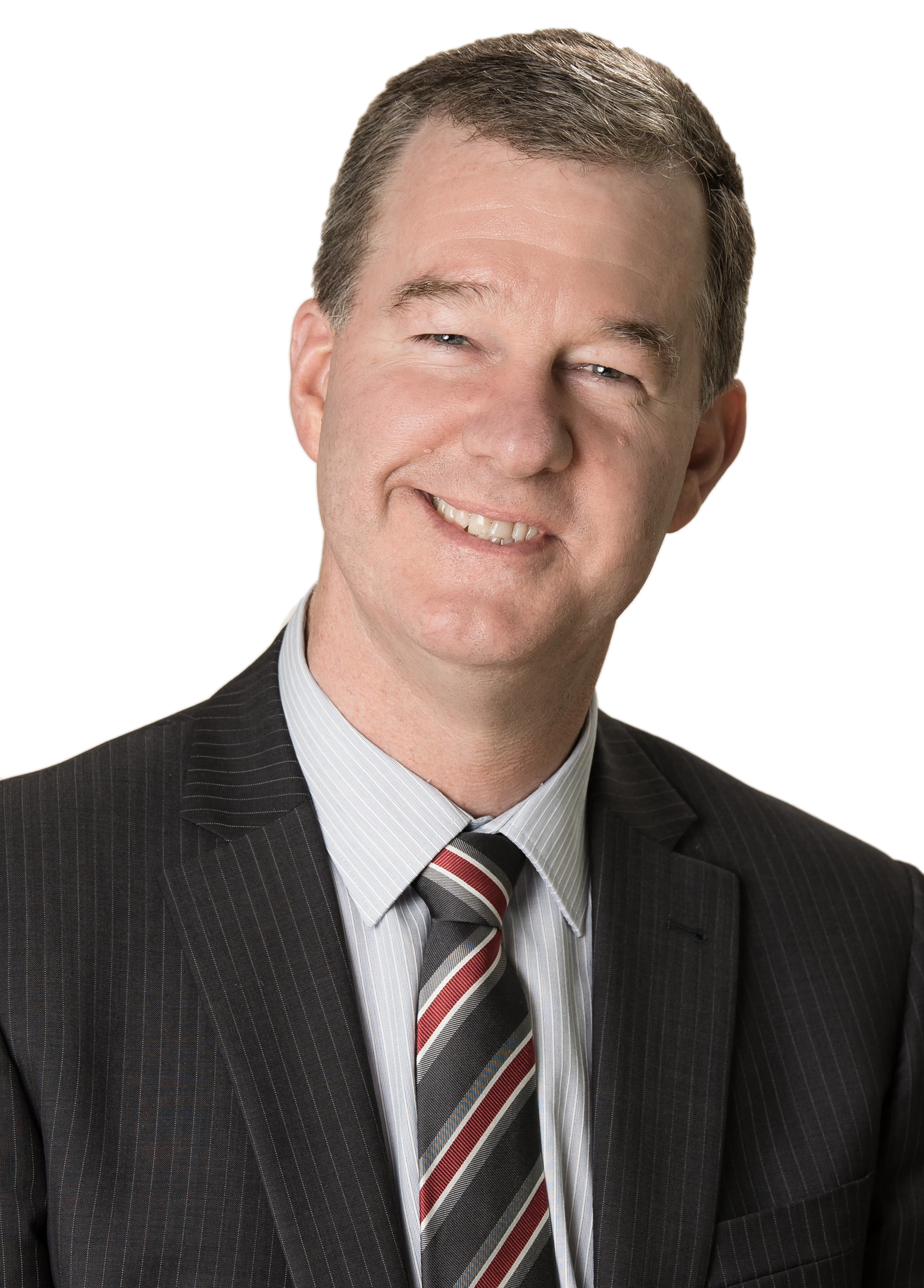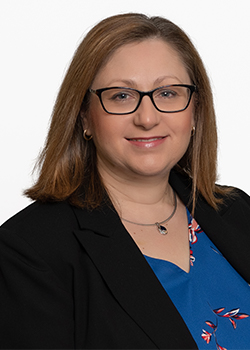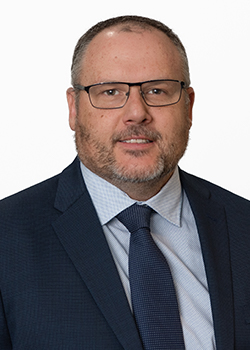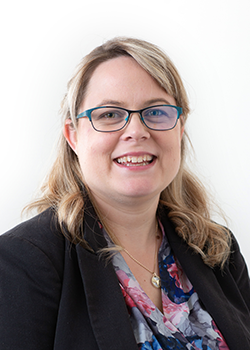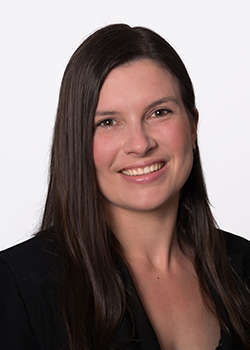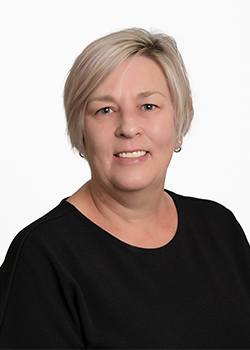Superannuation ideas for 2021

In an online article, SuperConcepts executive manager, SMSF technical and private wealth, Graeme Colley said in terms of the year ahead, there’s plenty of strategies to think about for helping clients build their retirement savings.
For clients nearing or in retirement
For this age group, Mr Colley said one of the significant changes that happened during 2020 was the increase in the age at which personal contributions can be made.
“Since 1 July 2020, the age at which personal contributions can be made has been raised from 65 years of age to 67 before the work test of 40 hours in 30 consecutive days in the financial year cuts in,” he said.
“Personal contributions include concessional and non-concessional contributions. The age increase provides a little bit more flexibility for anyone retiring prior to the age of 67 to make last-minute tax-deductible and non-deductible super contributions.”
Recontribution strategies can also come in handy for those aged between 65 and 67, as they have access to their superannuation when they choose, he noted.
“It is possible to recontribute any amounts withdrawn from super back to the fund as non-concessional contributions, provid[ed] the person has a total super balance of less than $1.6 million,” he said.
“This can reduce the amount of tax an adult child is required to be pay on the death of a parent if they receive a super payment. To see whether there is any benefit in using the recontribution strategy, advice is always recommended.”
If either client is at least 65 and has just sold their home, then the downsizer contribution may be available, he added.
“The downsizer contribution is available as a once-off opportunity for members of a couple who are at least 65 years of age to contribute up to $300,000 each to super from the sale of their residence. The contribution must be made within 90 days of the sale of the residence,” he explained.
“There is no upper age limit to make the downsizer contribution.”
Once clients have reached their preservation age, Mr Colley said, they can access transition to retirement income streams, and if they haven’t retired or reached 65 years of age, they can commence account-based income stream.
“The rules require that a minimum amount is obliged to be withdrawn each year and it is possible to withdraw lump sums depending on the rules that apply. A maximum amount applies to transition to retirement income streams,” he said.
“For some people, it may provide flexibility for anyone with a transition to retirement income stream or an account-based income stream to pause it and have it recommenced at a later time as it is required.”
For parents
Mr Colley said, for mum and dad, making personal concessional and non-concessional contributions to super can be beneficial where they qualify.
“This could include getting access to the bring-forward rule for concessional contributions if their total super balance [is] no more than $500,000,” he said.
Mr Colley noted that whenever clients make non-concessional contributions to super, it’s important to ensure their contribution caps are not exceeded and that their total super balance is taken into consideration in working out whether they can make non-concessional contributions to super.
It may be possible for clients in this age group to also make spouse contributions, which are counted as non-concessional contributions of the spouse and can have the effect of evening up the couple’s super balances.
“To be eligible, if the spouse is under 67 years of age, there is no need to meet a work test, but if they are between 67 and 75 years old, the work test must be met prior to making the contributions. Spouse contributions are unable to be made after the spouse has reached 75 years of age,” he noted.
“If the spouse is a low-income earner and has an adjusted taxable income of less than $40,000, it is possible for the contributor to receive a tax offset of up to $540 for the first $3,000 of the spouse contribution.”
Some clients, he said, may also qualify for co-contributions, which are paid by the government to their super fund.
“If [they] have an adjusted taxable income of less than $54,837 for the 2020–21 financial year and make a non-concessional contribution of up to $1,000, the government’s co-contribution can be up to a maximum of $500,” he noted.
The low-income superannuation tax offset, he explained, is available for anyone with an adjusted taxable income of less than $37,000.
“It applies to concessional contributions because the tax payable on the contribution received by the fund is usually greater than the personal tax they would pay if the contribution was paid to them as salary and wages,” he said.
“The offset is calculated by the ATO and paid directly by the government to the superannuation fund.”
Another contribution strategy advisers may want to consider is contribution splitting which allows a person to split concessional contributions to their spouse.
“To qualify, the split to the person’s spouse can take place if they are under preservation age, currently 58 years of age, or between preservation age and 65 years old if they have not retired,” he said.
“Concessional contributions include employer super guarantee contributions, salary sacrifice contributions and personal deductible contributions. It is possible to split up to 85 per cent of the person’s concessional contributions or up to their concessional contributions cap.”
Our younger clients
Younger clients who are older than 18 years of age are entitled to the same superannuation concessions as their parents, but will depend on whether they qualify for a tax deduction, government payment or tax offset for the contributions they make to super, Mr Colley noted.
“However, for children under the age of 18, it is possible to have contributions made for them. This could be made by their parents or guardians as non-concessional contributions. The amount of the non-concessional contribution is limited to the caps that apply to everyone,” he said.
“Some children under 18 years of age can make personal contributions to super. However, if they wish to claim a tax deduction for the contributions, they must be working.”
Miranda Brownlee
28 December 2020
smsfadviser.com

